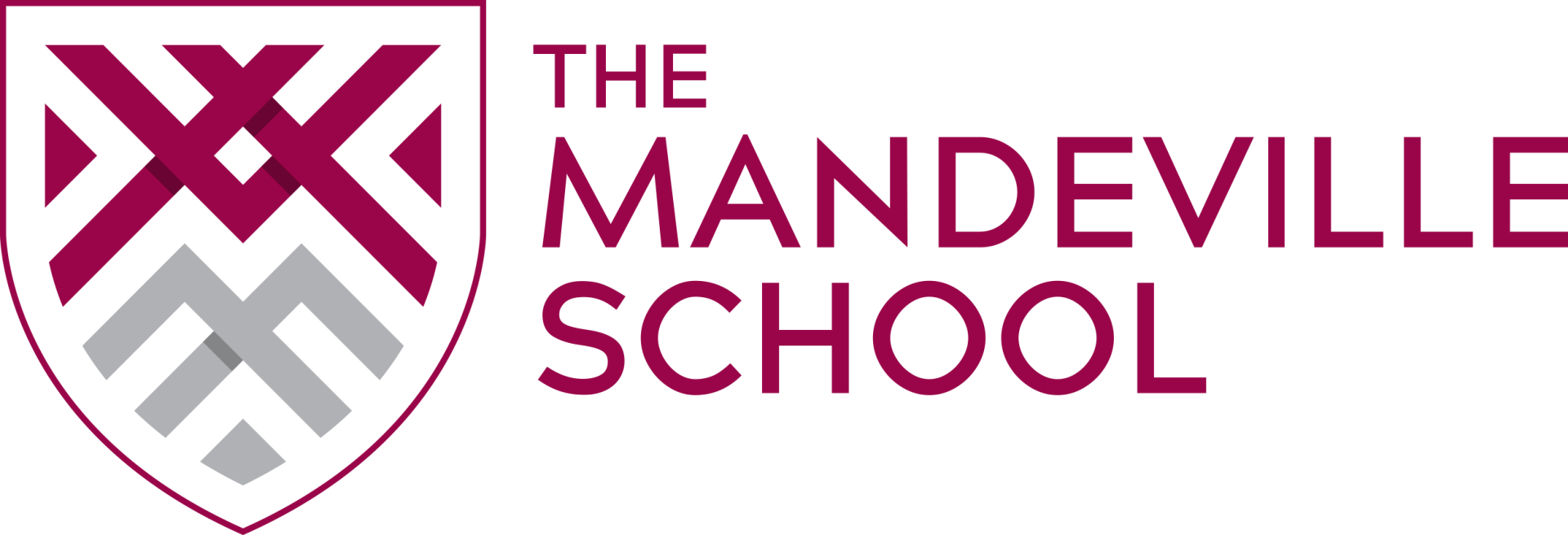Geography
Geography at Mandeville School is about students being able to become well informed global citizens, with the knowledge of the physical, human and environmental features of the world. Our curriculum is one in which knowledge is not merely encountered but comprehended, remembered, and then mastered, through our TMSCORE aligned teaching and learning strategy. Students will learn, Students will engage with a number of real world examples and case studies, across various geographical themes and topics.
Key stage three curriculum intent:Students arriving in year seven, will firstly refresh their existing knowledge, and develop new skills through our ‘Skills of Geography’ unit. This sets students up for success, with the key skills being recapped from primary level, and new skills developed, which will build into their future curriculum study. Once this is complete, students will explore the continents of the world and the teaching of the subject through the study of continents allows learning to be based on a variety of real world places and allows students to see a range of diverse cultures and physical environments.This allows students from diverse backgrounds to see themselves represented within the curriculum and to feel valued. The curriculum forms a spiral, as we revisit each of the key topics within geography during each scheme of learning and the students add breadth and depth of knowledge each time. This allows the students to understand how their prior knowledge from one continent fits in with the new knowledge from another. This allows understanding of how their prior knowledge from one continent fits in with the new knowledge from another. This builds broad schemas of understanding and supporting students to apply knowledge in new contexts, developing the goal for them to become ‘well informed global citizens’. This also allows ‘time to forget’ and gives multiple opportunities for recall questioning to strengthen understanding and fits well alongside the Mandeville School’s teaching and learning policy.Further study at key stage three allows students to broaden their knowledge further, with explorations into the wider world, looking at colder environments and global processes. These units will allow students to gain an insight and understanding into environments that are perhaps not ‘traditionally’ lived in by human inhabitants, particularly continents like Antarctica. This will also further their understanding of the world, by exploring these environments, in as much detail as traditional ‘lived in’ continents would have been.The idea of exploration is continued, through the study of processes that occur globally, such as the carbon cycle and the rock cycle. This forms the last gaps of the world that have not been explored beforehand within prior units. Students will develop an understanding of the causes of certain events, some of which would have been studied in years seven, eight or nine. Thus developing their ‘well informed global citizen’ achievement.Finally, to finish key stage three, geographical study looks local, into the town of Aylesbury, and students will complete a fieldwork project. Students will master the skills of fieldwork, such as; developing questions, aims, hypotheses. Then mastering data collection, presentation and analysis, with further time spent on concluding their investigations. Students will practice a number of key skills through a virtual fieldwork trip, such as using Google streetview, mymaps and arts and culture, to develop and further their understanding of a local area. Through our TMSCORE aligned teaching and learning strategy, students will explore, remember and master their understanding of the world they live in, and what the future holds. This provides a strong body of knowledge for students and then they would have achieved, to become ‘well informed global citizens’.Key stage four curriculum intent:The key stage four geography curriculum builds on the knowledge and skills our pupils acquire through our key stage three curriculum. In geography, students investigate issues affecting the world and people’s lives, now and in the future. They are given the tools to make sense of a complex and dynamically changing world, at all different scales. Pupils learn where places are, and what they are like. They learn how the physical and human geography of a place shapes it and the people living and working there.The key stage four curriculum focuses on the provision of knowledge and challenging pupils. Through our TMSCORE aligned teaching and learning strategy, students will explore, remember and master their understanding of the world they live in, and what the future holds. This is ensured through consistent application of retrieval practice principles and to ensuring that pupils are equipped with the language to engage with topics in a meaningful way. At all times we are seeking to equip students with a new language with which to describe geographical concepts and phenomena. This enables students to clearly demonstrate their understanding of the subject and to apply principles in new contexts. All of this prepares them for external examinations and to study Geography further in the future.






